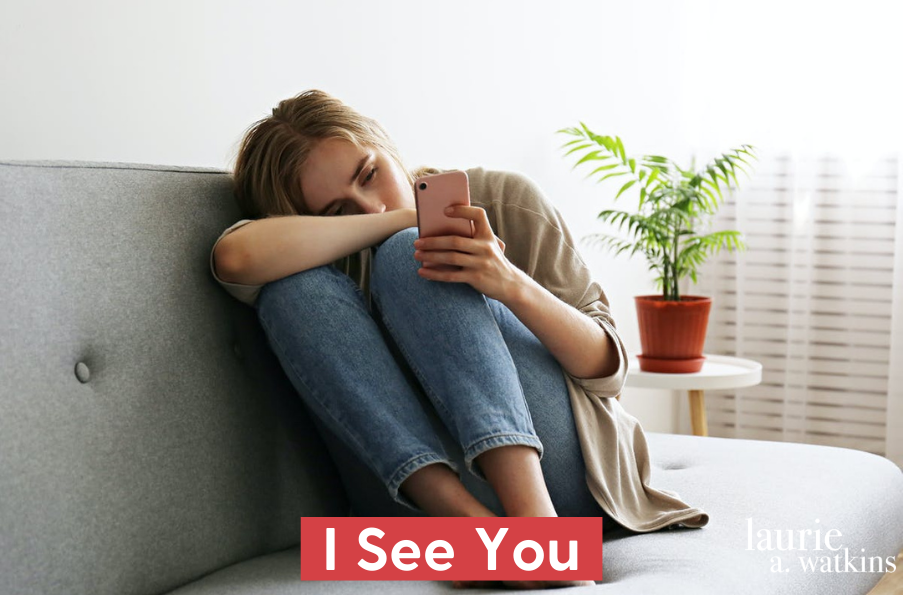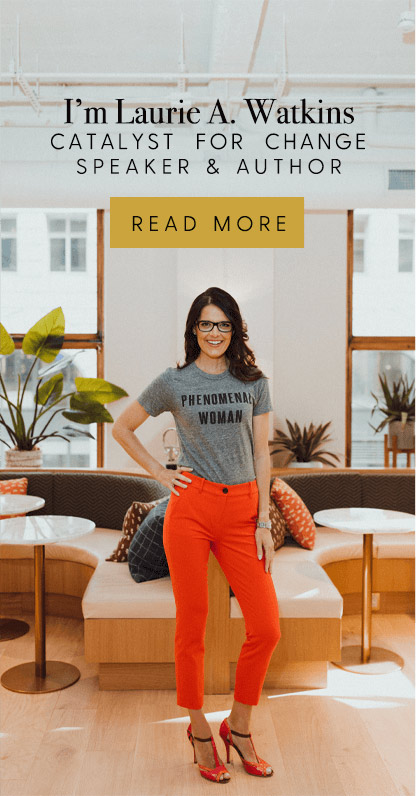We are on month 7 of social isolation. So much has happened. But a lot has also NOT happened.
Did you have to postpone your wedding? I see you.
Have you not seen your parents? I see you.
Were you unable to have a proper funeral for a loved one? I see you.
Are you unable to meet a friend’s new baby? I see you.
Do you spend more time alone than ever? I see you.
We are inherently social creatures. Interactions with others help our physical and mental health. During this unique COVID-19 induced isolation, many of us are experiencing loneliness or isolation. Some people for the first time ever. Even before COVID-19, 50% of Americans said they experienced loneliness. I imagine that figure will climb as this continues.
Loneliness is not calculated based on how much time we spend alone, but rather how we feel about the time we spend alone.
Studies over the past few years by Richard Smeyne, PhD, Professor of Neuroscience and Director of Jefferson’s Comprehensive Parkinson’s Disease Center, along with his colleague Michael Zigmond, PhD, Professor Emeritus at the University of Pittsburgh, have used animal models to show that different forms of isolation, like that experienced by people in nursing homes or in the criminal justice system, can by themselves cause measurable changes in the brain. “It alters our neurons, changes our brain’s chemistry and reduces the complexity of our brains in key areas,” says Dr. Smeyne. And, as Michael Zigmond added, “it can affect brain regions associated with mood motivation, and cognition.”
Similar to the stigma associated with mental health that we are still battling, feeling lonely can come with a sense of shame or embarrassment. Just like mental health, loneliness doesn’t discriminate by race, gender, class, job, relationship status, etc.
I have a friend of a friend who works as an ER doctor in New York. She lives alone. Doesn’t even have a dog. She is so exposed to the virus that she has truly hardly seen another person in months. And she lives in NEW YORK. She walks around a city full of people wearing her mask, keeping her distance, longing for a hug from anyone. Even in a large crowd, you can feel lonely. And I see you.
Someone else told me their oldest, longest friend lost their father suddenly in April. Here we are in October and they still haven’t had a funeral. They haven’t been able to hug each other. I see them.
Here are 7 physical signs of loneliness:
- Anxiety – Lonely individuals are simply more prone to depression and anxiety.
- High Blood Pressure – Loneliness can cause stress and stress leads to high blood pressure.
- Sleep Issues – Loneliness can cause you to stay in bed for too long or to even cease sleeping well all together.
- Appetite Changes – Loneliness can lead to food aversions or turning to food for comfort.
- Brain Fog – Loneliness can cause confusion and even forgetfulness making it challenging to focus at work or school.
- Muscle Tension – Emotional Distress can lead to increased pain like weaker knees, muscle fatigue, pain, cramps, etc., and more.
- Weaker Immune System – Lonely people are said to get sick more frequently and even have less success with vaccines.
Here are 10 ways to help combat loneliness:
- Seek relief from a non-human friend like a pet, food, book, TV show, or other hobby.
- Connect with human friends. Some creative ways to do this include streaming a yoga class together, Zoom game night, virtual happy hours, etc.
- Do something creative. Even if you aren’t artistic you can color in a coloring book or try a puzzle.
- Help someone in need. Check on an elderly neighbor or reach out to a friend on social media.
- Turn on some of your favorite music and sing along. Try picking songs from happy times in your life and remember those moments. And don’t forget you can join your fave artists via IG Live, see concerts via StageIt, and join Club Quarantine w/ DJ Nice.
- Go outside. Seeing other people on a walk, bike ride, or just sitting in your yard can make you feel like you are around others, even if you aren’t ready for a social setting. Given COVID-19, it is best to see people from a distance right now anyway!
- Stream a workout class, go on a walk, hop on your bike, or even work in your garden. All these workouts can help boost your mental health which can help combat loneliness.
- Try to eat regularly and well. Try to eat healthy, nourishing foods such as fruits, veggies, nuts, and seeds. Try to eat foods of a variety of colors. If you fuel your body in a positive way, it can help you feel more positive which can help with loneliness.
- Create a vision board. Plan out your dream vacation or getaway for when it’s safe. Imagine where you will eat, what you will do, how you will travel, etc.
- Start an online fundraiser. If you focus attention on something other than yourself, and get others to rally around a cause you care about, it can help you feel less lonely, like you are doing good, and even connected to others.
I have a loving family, fantastic friends, an extensive network of colleagues, a totally supportive husband, and a dog. I feel lonely with all of this going on. Would you ever guess? I may preach about how to #GoFromStressedtoStrong (I’ve written a whole book on the topic!) but don’t assume I’m strong all the time. Don’t assume anyone is strong all the time. You should check on everyone; not just your friend who lives alone, not just your elderly relative, check on your strong friend too. The one who seems to have it all together and is happy all the time. We all need a little extra checking in on these days.
What specific actions will you take to show up for others this week?






